For most of us, bugging out is the only choice we have to survive an SHTF event.
Even if you manage to escape and take on the road, things will not be as easy as most folks assume. For some, there may be a long-distance bug-out journey awaiting, and there are many considerations they need to pay attention to.
Bugging out without having a proper prepping plan and a specific target may end up being a waste of time and resources. There are folks who will be headed towards the woods, and there are those who have invested a great deal of time and money in their bug out location. Even rigorous planning may be turned upside down during a long-distance bug out because there are certain things most people fail to consider.
Here are my recommendations for a long-distance bug out:
1. Have an extensive route plan
Traveling over long distances requires proper preparation and you need to know everything about your route. Try to identify the choke points and all population centers prone to civil unrest. For all the dangerous travel points you identify, you should have alternative routes and grade them based on the detour delay they will cause.
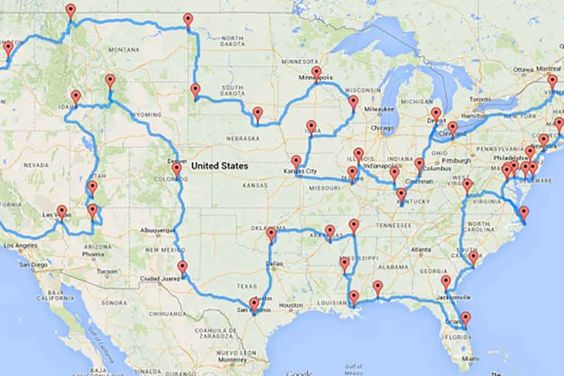
It goes without saying that you should also calculate your fuel supply in order to cover all the possible detours. You will probably need to have some extra fuel in your car.
If you’re planning to use an alternative bug-out vehicle in case your main one breaks down, you should make all the preparations for that vehicle as well. Anticipate all alternative routes that pass through rough terrains such as unimproved roads, waterways and mountains.
Even though your car should get you across terrain that follows your pre-selected course without problems, you should have alternatives for difficult terrain.
2. Consider all aspects of weapons and concealment
For a long-distance bug out, protection and self-defense are critical points and this means you will have to make everything possible to carry your guns with you. However, you will need to do so in a manner that makes them accessible, but not noticeable to prying eyes.
During your travel, everyone that sees your car should believe that it is just a typical American family going on vacation. If you and yours look like the Doomsday preppers, you will not be able to reach your destination without being stopped or questioned by others.
For personal protection, carry on you only what can be concealed. Anything else should be concealed or stashed in your vehicle. In case you need to hide your guns, use both accessible and inaccessible places inside your car. There are foldable firearms that can be concealed in toys such as teddy bears, so nobody would suspect that your kids are carrying a rifle.
3. Try to avoid conflict as much as possible
During long journeys where you find yourself in unknown territory, in the company of unpredictable elements of society, conflict avoidance is a must. You need to have a stable mindset and stay calm, no matter who puts you to the test. The main goal is to reach your destination and not overpower or outgun others. To keep things simple, I would suggest avoiding all contact with people when possible.
If you have to interact with some folks, keep it simple, short, and be polite. The only time you should engage others is when you are in danger and you should defend yourself. Try to deescalate conflicts rather than causing them.
You will go through small communities, and these types of communities have the tendency to stay united. You will be seen as an outsider and as a possible threat long before you get into an argument. It may seem like a short debate to you, but it may turn into something bigger. They have the upper hand, they are on their own ground and you need to avoid any type of dispute in unfamiliar territory. Be on your way as soon as possible since you are not there to make friends.
4. Avoid roadblocks and use alternative routes
Any barricade or roadblock should be a warning sign, regardless of who made it. It doesn’t matter if the government agencies built it or the locals. Never willingly approach a roadblock unless you are prepared to surrender everything you have. Keep in mind that every obstacle you encounter on the road is set for a reason.
Some folks may believe it is just a simple checkpoint during a time of crisis, but why risk everything? Personally, I will never enter a zone where I’m exposed to direct fire from multiple angles. I will rather be safe than sorry and I will always look for a way around.
5. Calculate your fuel needs
Gas is your most precious possession during a long-distance bug out and you need to have some extra gas available. If you have to make a lot of detours, you will end up with an empty tank.

If that happens, at some point you will have to buy (in case possible), borrow, steal or even beg for fuel if you want to stay on the road. Having an alternative bug-out vehicle like a bicycle is a good alternative, but if you have a family of three or more, that might not work.
You might have to abandon your vehicle and supplies and go on by foot, but you don’t have any guarantee you will reach your destination. Keep in your car a simple siphon and pump to refuel if necessary. Also, how will you get the fuel depends mostly on your conditions, the SHTF event in effect, and your morality.
6. No amount of stuff is worth the trouble of getting hurt
As mentioned above, you may have to give up your supplies in one way or another. Sometimes you will do so willingly, while other times, you will be forced to do so. Since you can’t predict the future and no matter how well prepared you are, there will always be things beyond your control. What should be common sense is that no amount of supplies is worth the risk of getting hurt or worse.
If you can leave your supplies in the car and continue further with only the essentials, make sure you hide or camouflage your vehicle as best as possible. Maybe you will have the chance to come back after what you left behind.
Also, don’t carry everything in your backpack and make sure you are able to distribute the weight over your entire body. Pockets from your pants, belts, your vest, and everything else should help you carry everything you find essential to reach your destination.
In general, most folks won’t have the heart to let it go due to our hard-core “gatherers” nature. We, humans, have an ancient, hoarding mentality embedded deep into our genes. We are programmed to collect all sorts of stuff, and we won’t give them up quickly.
Your survival gear is of great value to you, and it’s normal to be like this. However, when faced with a morality crisis, is it worth risking your life for it?
7. Learn about caching
This is an extensive topic when it comes to emergency preparedness, and caching is what helped humanity evolve during harsh times. This is a survival technique that can be used even today, and if you have a long-distance to cover, you should learn how to cache supplies.
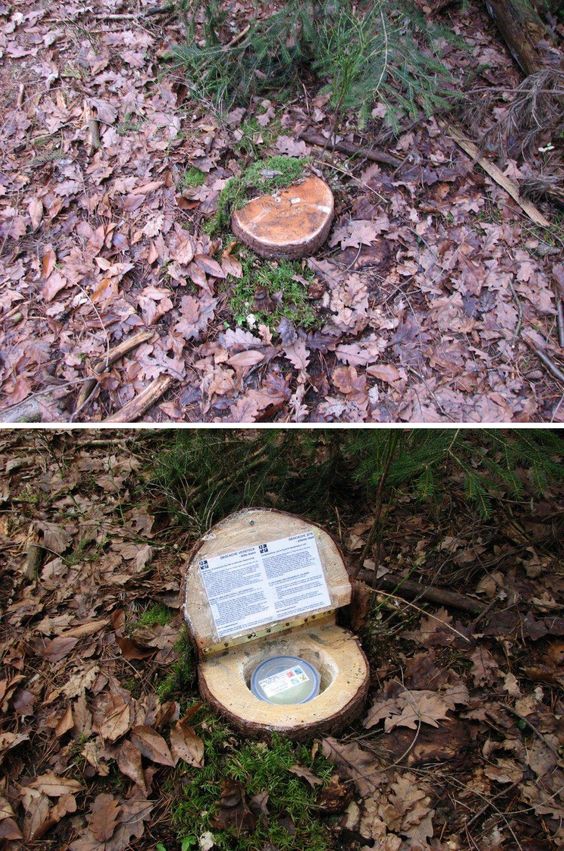
Every bug out plan will be put to the test when the time comes, and you should be able to “plan for the worst.” Look for ideal caching spots when you are testing your bug out plan, in a time of peace. You can cache guns, ammo, medical supplies, and even fuel if you find the right place.
When you plan your caches, keep in mind the following aspects: preparation, security, and accessibility. If something happens and you lose everything you have, you should at least have a cache out there waiting for you.
8. Observation points are a must
Communication is an important part of every bug out plan. Being able to figure out what is happening at home, but also at your destination is a significant improvement to both your morale and overall planning. Having the reassurance that everything is in order at your finish point will give you the strength to push forward.
While cell phones, short-wave, and ham radios may only work in some areas and only if the event didn’t damage them, you should plan for multiple methods and means of communication. If communication is no longer possible, you should have at least one observation point before each stopping zone, may it be a meeting point or the final destination.
An observation point will allow you to observe and analyze the situation without being spotted. It will give you enough time to plan your next action based on the new information you gathered.
9. Know your area
You should be able to look, listen, and move only when it is safe to do so. This means that you should know your area and plan for it as well as you can. Having a pair of binoculars will be of great help, but you won’t be able to make the most of them if you don’t know what observation points are available.
Knowing your area will help you approach populated zones without being detected. Having a radio will help you listen to what is going on locally and decide if a town is safe or not.
Having recon routes and the tools to gather the proper information makes the critical difference between a conflict and safe passage. You should always make your move when you are confident there aren’t any obstacles that can prevent you from reaching your bug out location.
10. Keep a low profile when traveling
During a long-distance bug out, it will become mandatory to keep a low profile. This means that you should have camping spots mapped long before you start your journey. The chances are that you won’t be able to drive 24/7, and you will need to make stops along the way.
You will have to learn how to conceal a presence, what type of food should you consume (maybe to avoid cooking), how to prepare it if you don’t have ready to eat food and how to make a campfire that won’t attract attention. Also, you should learn how to avoid leaving traces behind in case someone decides to follow you.
To keep a low profile, you should learn a thing or two about tracking and evasion techniques. This requires a lot of practice in the field, but even just reading about these techniques will give you a general idea of what you should avoid doing to conceal your presence and have a low-impact camping site.
Concluding
A long-distance bug out plan requires a lot of preparations and there are many things you need to cover. Traveling over a long distance during a crisis delivers many unknown factors. Most certainly, there will be specific events you cannot predict. However, when it comes to making your bug out plan, you should consider all the possible options you have and the challenges the overall journey may bring. If you are not sure you can make it to your bug out location, you might as well bug in and hope for the best.




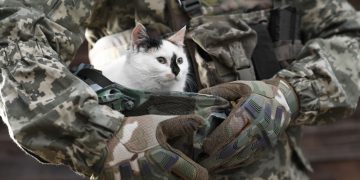


















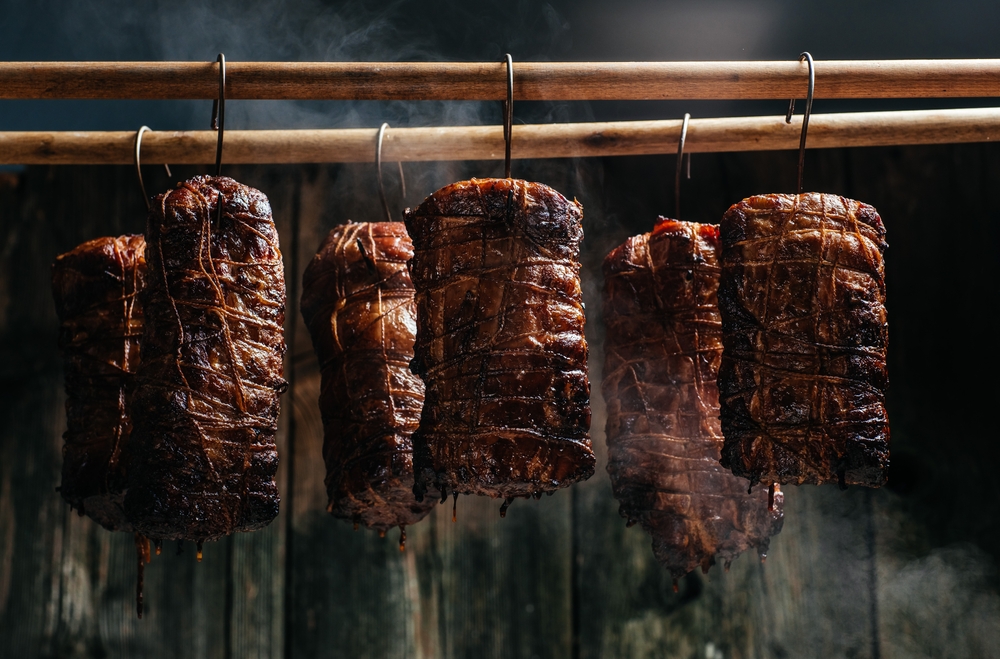

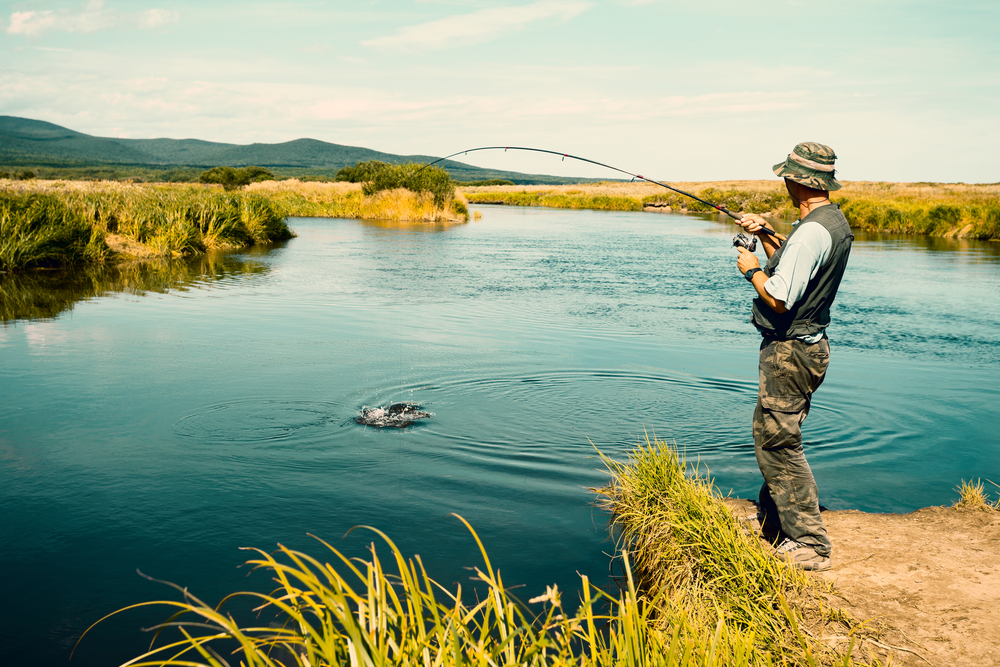

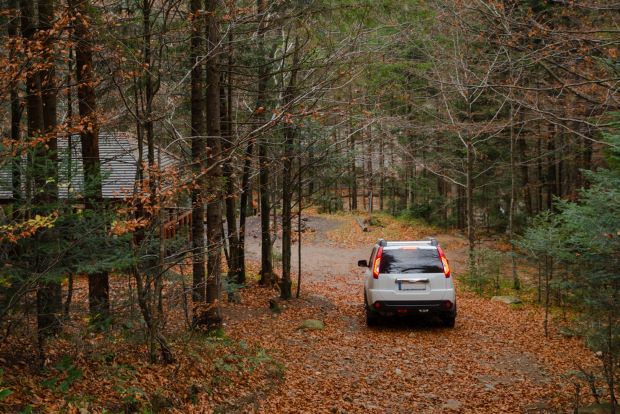
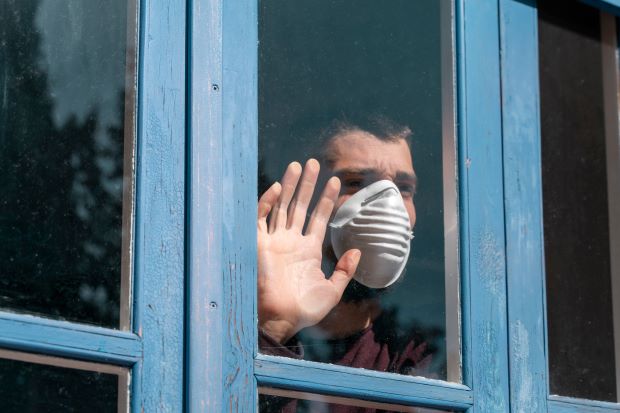








































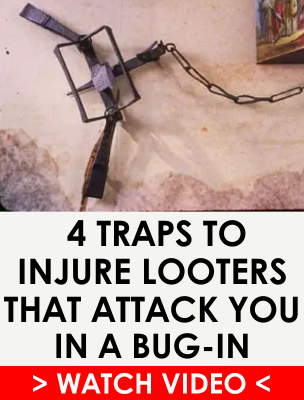
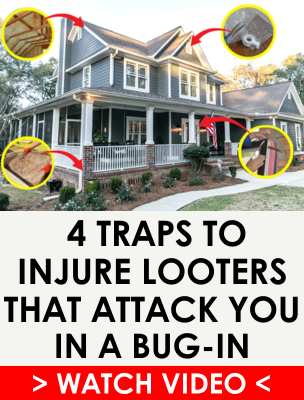















Good Article, Bob. The one major factor left out is your choice of a motor vehicle to travel in. 1.) Do Not Trust ANY MV mfgd. after about 2002 or so. I am serious – I would Not trust one of these (foreign or US Built) to go to the store. 2.) Best choice for a MV would be a USA Built pickup (100 or 200 series) with an 8′ bed and a rugged topper. A small covered utility trailer would be good to have along. Ideally – a 1966-1969 Dodge PW200 in real Good condition.(“Slant Six”) would be very dependable and easily maintained. 3.) A standard carry-along MV supply would be enough fuel (gasoline – I would avoid diesel) for 600 plus miles or so – say 45-50 Gallons in Saddle tanks. I carry 60. Also, have 10-12 quarts of fresh motor oil boxed up for transport, plus anti-sneeze, PS and Trans lubes, as well. 4.) Give your vehicle a Real Thorough, complete check-over – and go with 6 to 8 of top quality tires. You will be glad you did.